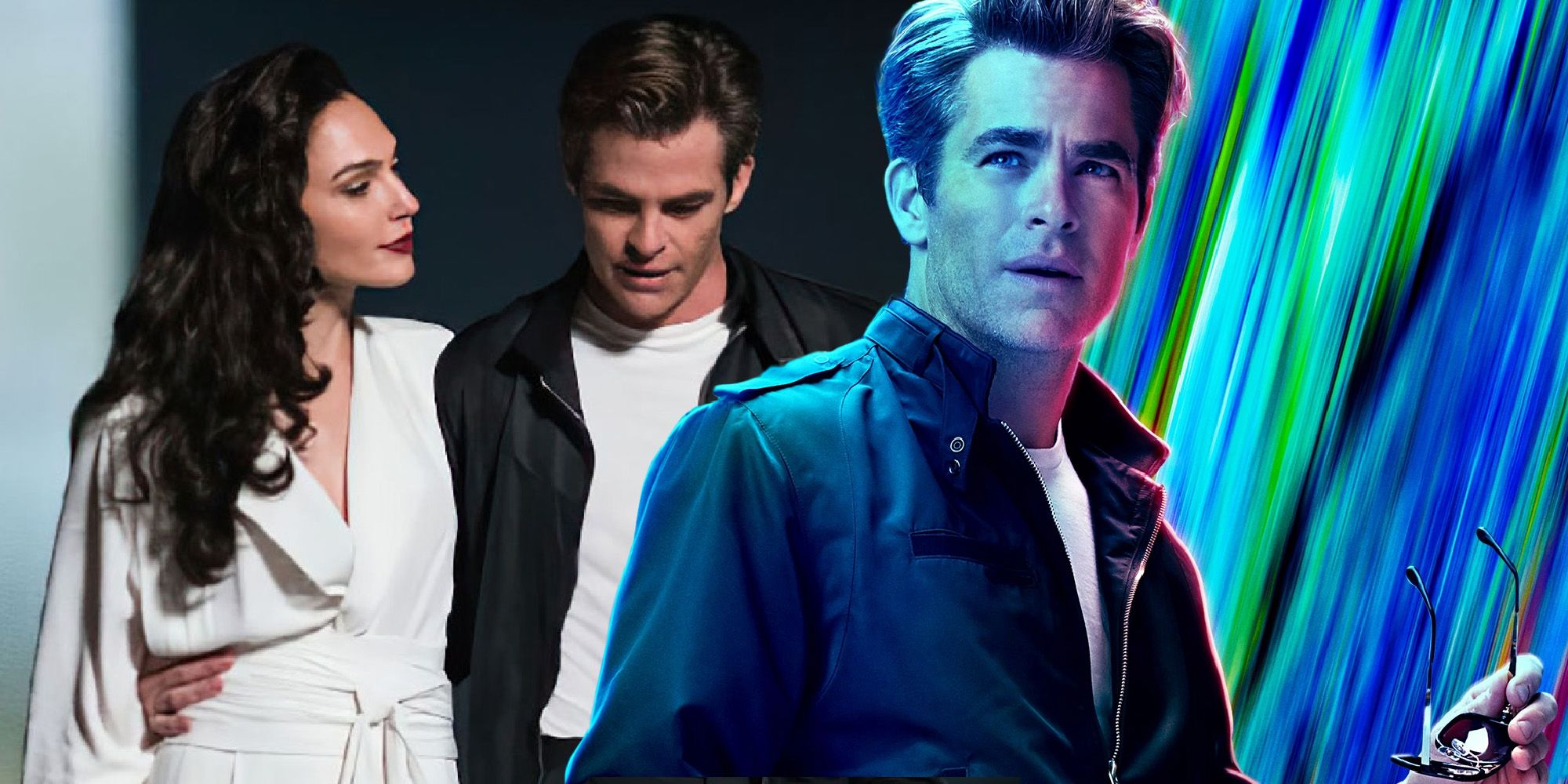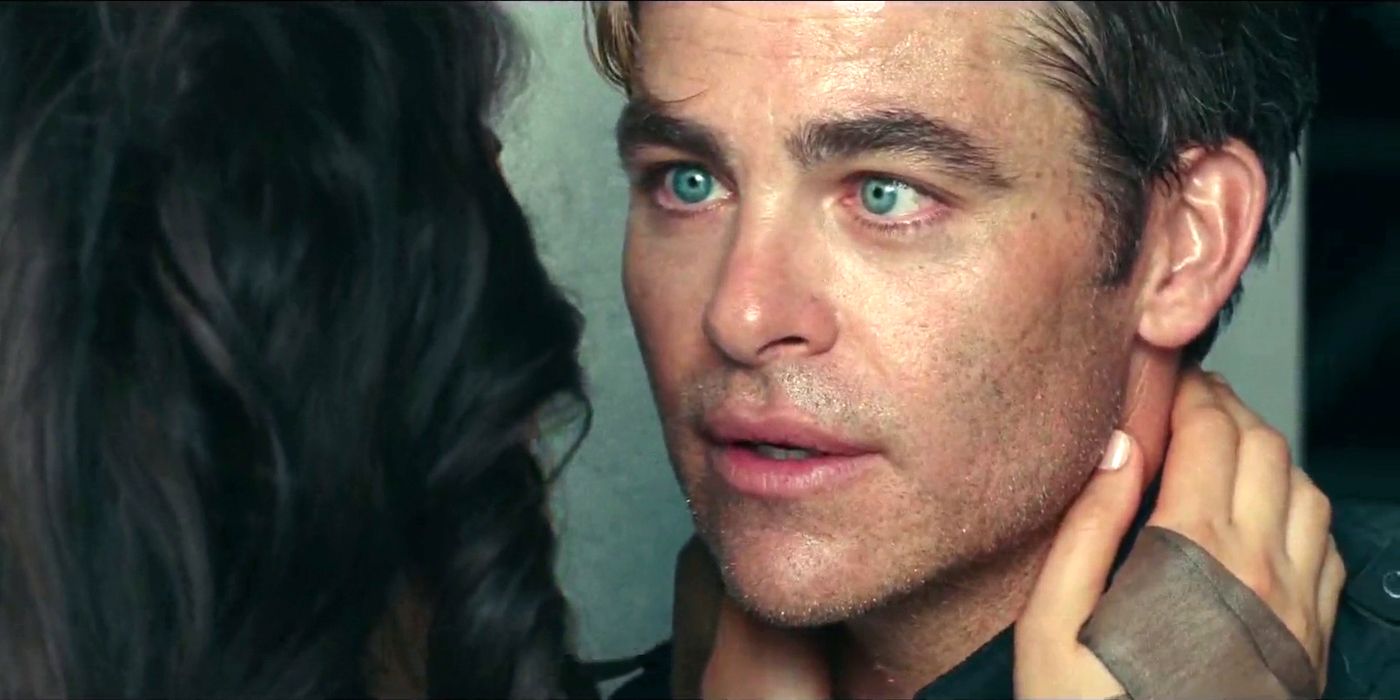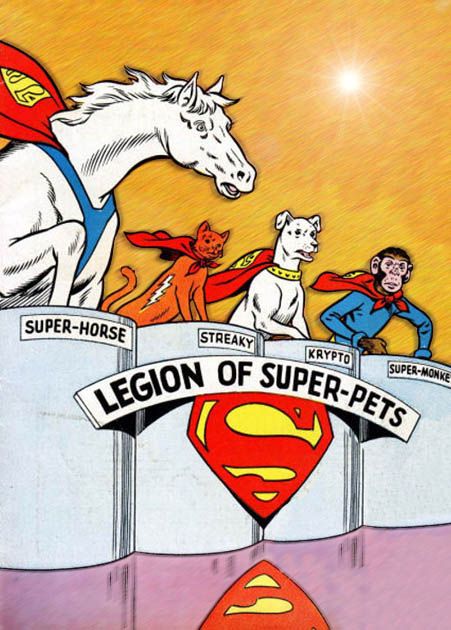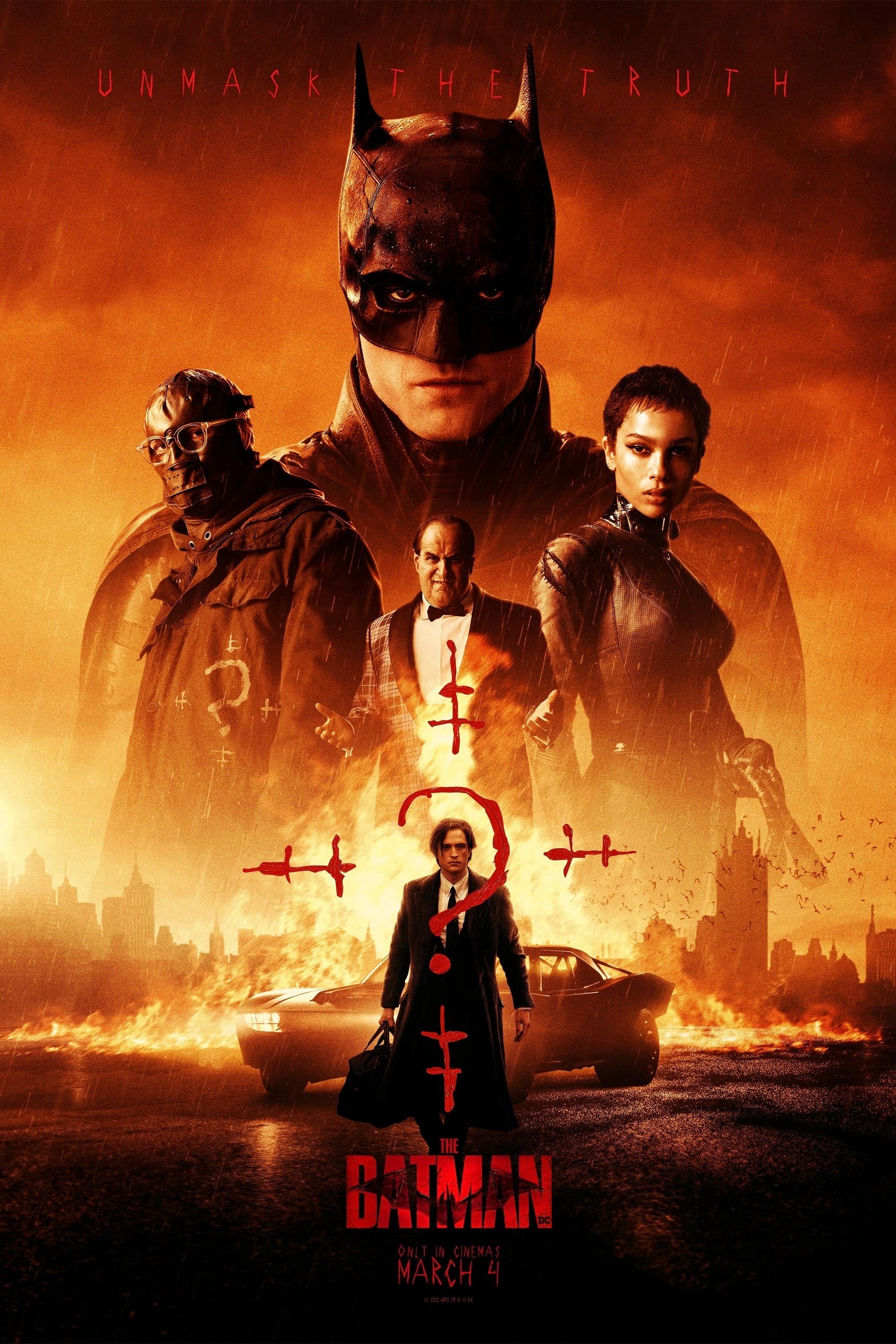The long-awaited Wonder Woman 1984 recently arrived on streaming services to mixed responses, but few (if any) viewers noticed the superhero sequel’s odd Steve Trevor plot hole. The first film’s director Patty Jenkins returned for this adventure sequel, which sees the titular heroine face off against greedy businessman Max Lord and former insecure wallflower turned apex predator Cheetah in a battle to control the Dreamstone.
However, unlike the original movie, Wonder Woman 1984 was met with divided reviews upon release, and while it’s hopefully unlikely that the plot hole explained in this article contributed to the mixed critical reception of Wonder Woman 1984, the oversight outlined here could be argued to evidence a lack of focus in the sequel’s writing. Early on in the action of Wonder Woman 1984, Chris Pine’s original Wonder Woman love interest Steve Trevor returns from the dead by inhabiting the body of a random civilian when the eponymous heroine wishes for him to be restored to life via the Dreamstone.
That’s when the plot hole appears. Steve Trevor uses the phrase “lame” to mean uncool, which is a small point, but one that is decidedly strange as the character died during World War 1. Steve Trevor sacrificed himself to save the world and help Wonder Woman end the war way back in 1918 during the events of the first film, but the first recorded use of the phrase “lame” to describe something as uncool dates back to 1959 (according to Merriam-Webster). This means Steve somehow knew a bit of almost-contemporary 80s slang upon his revival, despite dying decades before the phrase was in use.
It’s not a major Wonder Woman 1984 plot hole, and it’s one that fans could reasonably overlook as there are some possibly satisfactory explanations for the comment. For one thing, Steve could have picked up some characteristics from the body of the man his soul inhabited, including apparently some up-to-the-moment slang. However, this explanation only leads to further questions, as does the other explanation that Steve overheard the phrase and picked it up from context, as it's unclear when he would have had the time to eavesdrop on casual conversations like Diana and Barbara’s earlier “lame,” “the lamest of lames” exchange.
It’s more likely that Wonder Woman 1984’s inclusion of the phrase is an odd research error or oversight at the scriptwriting stage, and the creators were operating under the assumption that few viewers would notice or care. Hopefully, no one got in trouble for this, as while this strange, minor Wonder Woman 1984 plot hole is hardly the most impactful problem the movie has, the out-of-place phrase did at least provide an interesting excuse for viewers to indulge in a bit of linguistic history.








